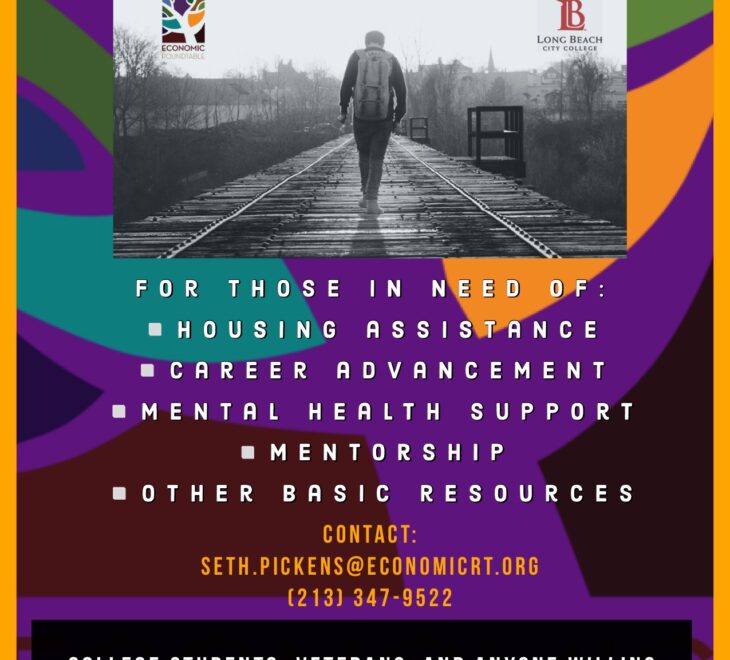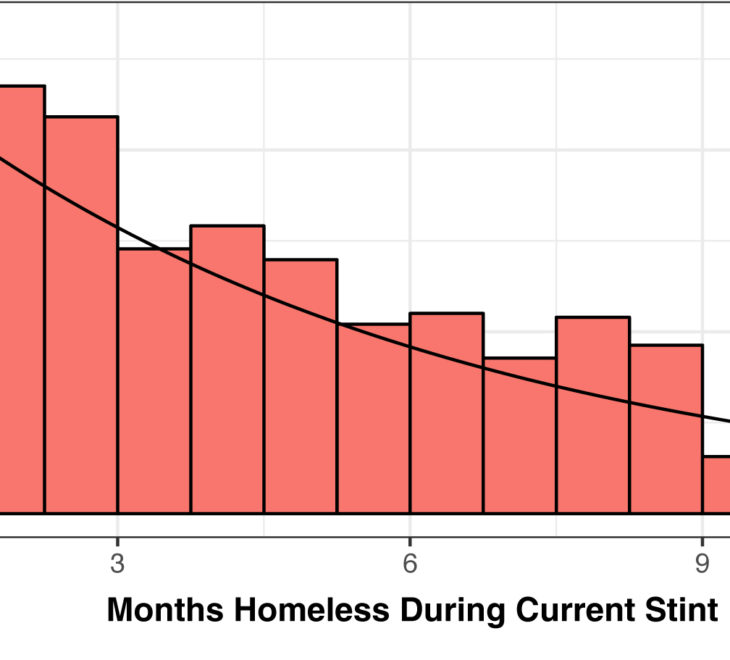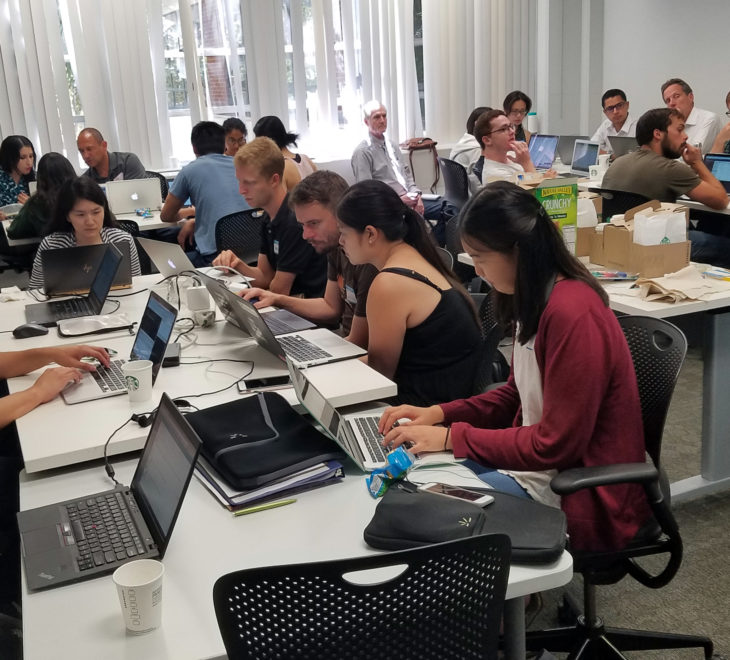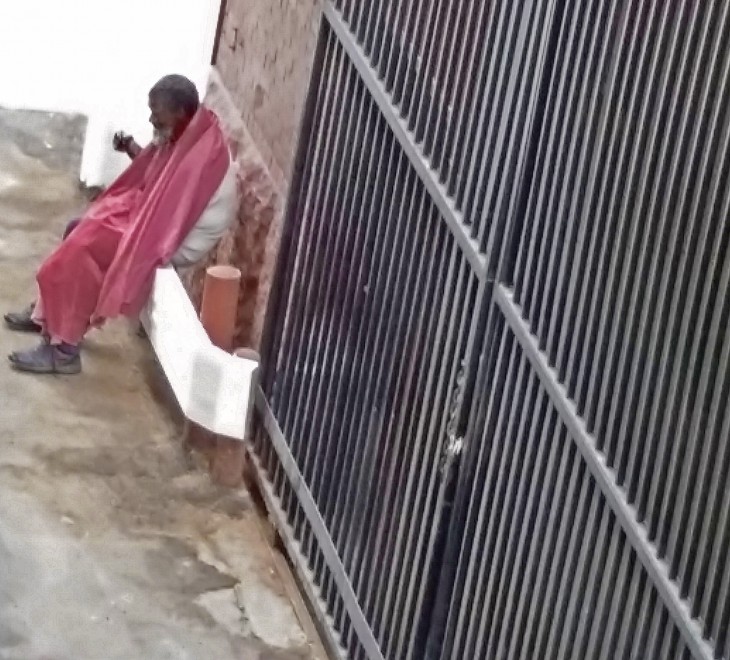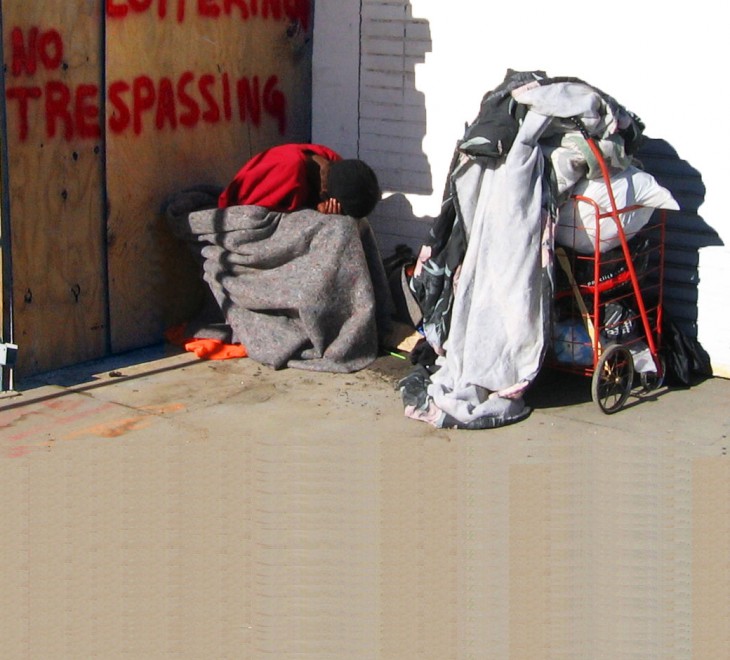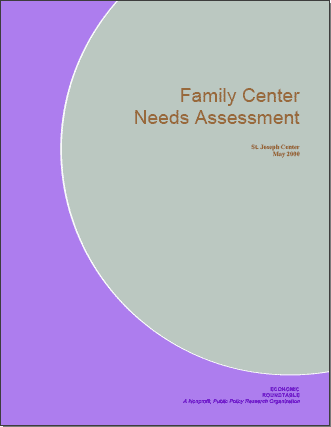 The St. Joseph Family Center provides basic supportive services to low-income families in Venice, Santa Monica, Mar Vista, and adjacent neighborhoods in Los Angeles. These services include a food pantry, emergency shelter, educational and tutoring programs, employment services, and counseling and case management. Most Family Center clients are recent immigrants.
The St. Joseph Family Center provides basic supportive services to low-income families in Venice, Santa Monica, Mar Vista, and adjacent neighborhoods in Los Angeles. These services include a food pantry, emergency shelter, educational and tutoring programs, employment services, and counseling and case management. Most Family Center clients are recent immigrants.
The St. Joseph Family Center Needs Assessment identifies service priorities and needs of Family Center clients. The goal of the Needs Assessment is to provide information that will assist Family Center staff in improving and expanding programs that help families achieve economic self-sufficiency.
The major findings of the Needs Assessment and recommendations are summarized below:
Poverty
- Most clients subsist on incomes below the poverty level despite being part of the workforce.
- Most clients have only a grade school education and lack English proficiency. These skill deficits prevent most workers from significantly increasing their earnings.
- Despite the economic hardships in their lives, most clients accept their living conditions and are hopeful about the future.
Recommendation:
- Continue placing high priority on providing Food Pantry services, and focus ongoing attention on increasing referrals from food services to other Family Center programs.
Immigration
- Forty-one percent of clients are undocumented, preventing them from accessing most public services.
Recommendation:
- The disparity between the level of need for immigration services and the actual level of utilization suggests that the manner in which this service is delivered should be re-examined. An alternative service delivery model might be to hold an evening workshop once a month with a Spanish-speaking immigration attorney to provide information about current immigration regulations and answer questions from clients. Any changes in service delivery format should be reviewed with clients prior to implementation.
Housing
- Housing costs consume nearly half the income of the average client, yet most live in overcrowded conditions with more than two persons per room.
- Long-term housing trends on the Westside may make affordable housing even scarcer for clients in the future.
Recommendation:
- Continue working with clients to help them find affordable housing. Keep track of indicators of “housing stress” and inform clients of available assistance. The Family Center should continue providing case management services for transitional housing programs and collaborate with other agencies providing these programs in the Service Area.
Unmet Needs of Families
- There are distinctly different patterns of service need and use among different segments of the client population, with Latino families and senior citizens making up the two largest client groups.
- Latino families place a high priority on services related to basic survival, education, employment, and immigration, yet find themselves in a survival mode and mainly make use of food assistance. Absence of childcare services appears to be an obstacle to utilizing services related to education and career advancement.
- Seniors place highest priority on food assistance and health care services and, like all other families, make greatest use of the Family Center’s food assistance program.
Recommendations:
- Expand the provision of childcare in connection with other services, such as job assistance, English-language classes, high school classes, and vocational training. Consider working with other agencies to provide short-term “drop-in” childcare services to help parents take advantage of other supportive services (such as high school classes, English language classes, and vocational training programs).
- Continue offering English language classes at the Family Center in the daytime. For clients who need to take classes at night or on weekends, assist them in finding English-language classes offered at local high schools or colleges.
- Explore the feasibility of working with clients and local high schools to increase participation in high school classes or GED programs, and provide childcare while parents are enrolled.
- Assist Family Center clients in becoming child care service providers for other client who are employed, and provide technical assistance to improve the quality of family child care services.
- Continue to use the Food Pantry as a gateway for other programs, including education and tutoring programs, immigration assistance, translation services, job search assistance, and assistance in obtaining public benefit.
Under-Served Areas and Populations
- Residents of the City of Inglewood and Lennox, and African-American families are underrepresented among Family Center clients. This may indicate that there are unmet service needs that should be addressed through new outreach efforts and possibly a satellite facility in the Inglewood/Lennox area.
Recommendation:
Increase access Family Center services by establishing a satellite center in the Mar Vista area (e.g. along Washington Blvd). Also, collaborate with churches, schools, and public agencies in the Inglewood/Lennox area to provide services to people living in these under-served communities.
Chapter Headings:
- Overview
- Profile of Survey Responses
- Barriers to Good Jobs
- Priorities for Acheiving Self-Suffiency
- Employment and Education
- Survey Comments
- Focus Group Issues
- Findings
- Appendices


